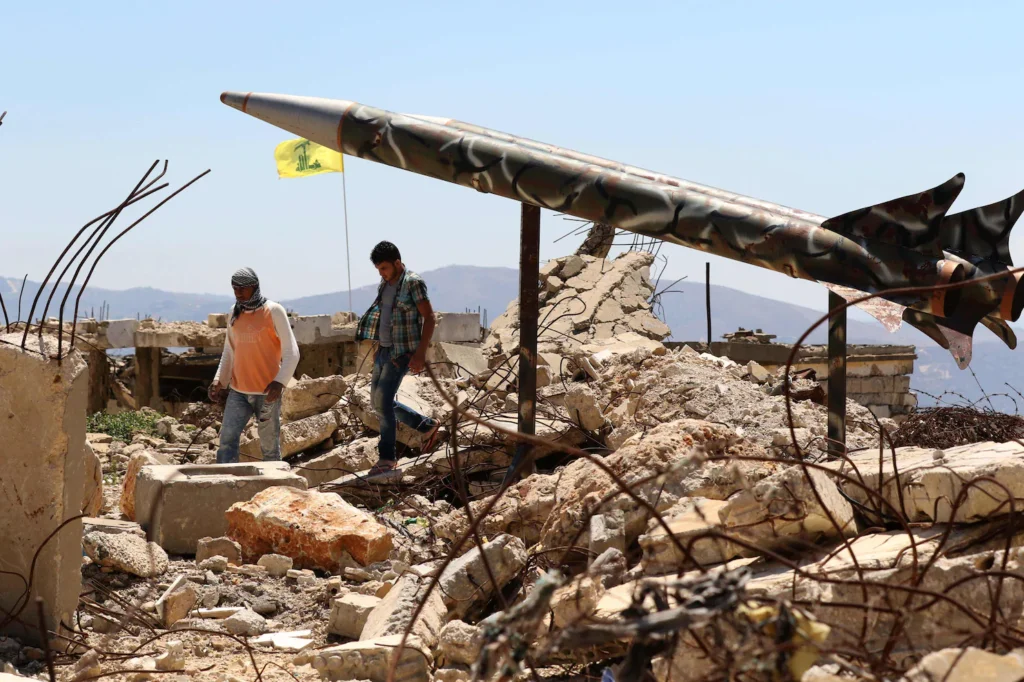The situation along the Israel-Lebanon border has escalated sharply as Hezbollah fighters clashed with Israeli forces in southern Lebanon, marking the first reported ground battles between the two sides since Israel’s recent offensive into Lebanon. Israeli infantry and armored units, including the elite Golani Brigade and the 188th Armored Brigade, have been deployed, signaling a potential expansion of the Israeli campaign beyond limited raids.
Hezbollah reported engaging Israeli troops in the border town of Maroun el-Ras, claiming to have repelled forces from other key towns and fired rockets into Israel. Israel’s military confirmed the death of a senior commander in Lebanon but has not commented on the ground clashes. The incursion is primarily focused on dismantling Hezbollah’s tunnel network and military infrastructure, with no immediate plans for a full-scale operation targeting Beirut.
This conflict follows a significant missile attack by Iran on Israel, which Tehran framed as retaliation for the killing of militant leaders, including Hezbollah’s Hassan Nasrallah. While Iran claimed the assault was over “barring further provocation,” Israel and the United States have vowed strong reprisals, potentially targeting Iran’s oil facilities. The attacks, largely thwarted by Israel’s air defense systems, resulted in the death of a 38-year-old Gazan in the West Bank.
As clashes continue, Israel has issued evacuation orders for civilians along the southern Lebanese border. The ongoing violence has led to nearly 1,900 deaths and more than 9,000 injuries in Lebanon over the past year, with a growing humanitarian crisis as over a million people have been displaced.
Tensions are rising not just between Hezbollah and Israel but across the broader region, with Iranian proxies in Yemen, Iraq, and Syria increasingly involved. The potential for a wider conflict is heightening fears globally, as both Iran and Israel brace for further escalation.



